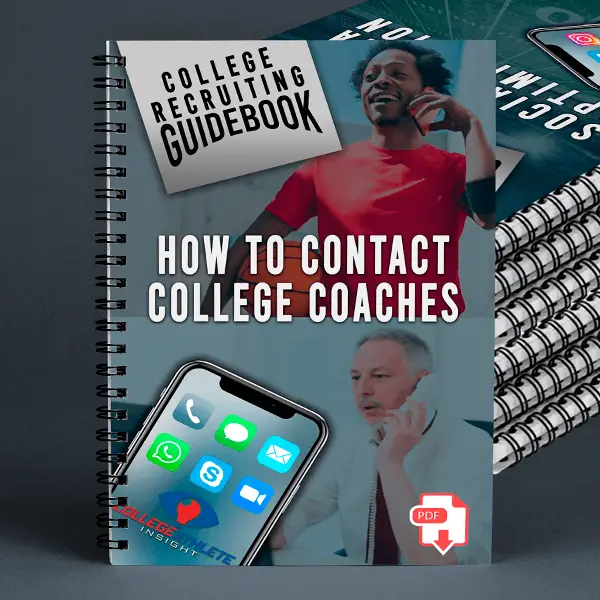At the end of the day you’re a STUDENT-athlete.
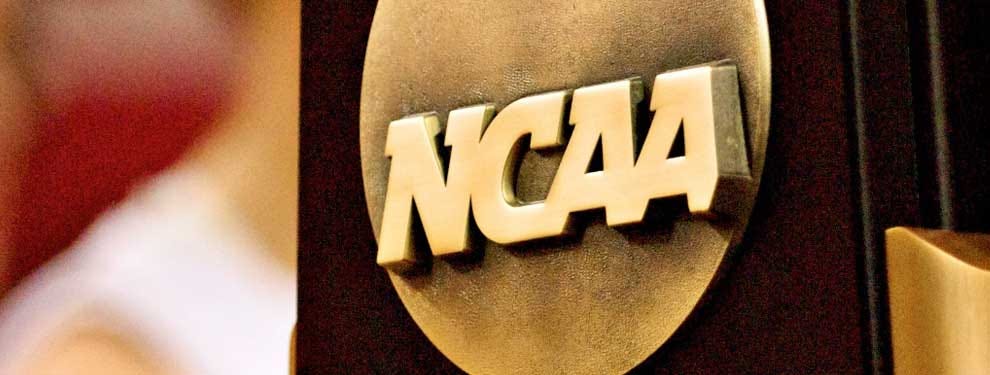
It doesn’t matter how athletically gifted you are or how many NIL deals you sign in HS.
If you can’t qualify academically – you won’t be able to play in college.
This section is going to walk you through all of the NCAA, NAIA, and JUCO academic eligibility requirements needed to play in college.
I wish I had this article handy when I was going through the recruiting process!
Eligibility Requirements for Student Athletes
College coaches will often ask where you stand in terms of meeting these requirements. The sooner you get them done – the better.
Eligibility Timeline:
I created this proposed timeline to help you better manage your academic eligibility requirements.
It is extremely important to set up your class schedule with the help of a guidance counselor each year. By doing so, you will set yourself up for success.
Grade 9
- Meet with your guidance counselor and receive a list of your high school’s NCAA core courses (more on this below). This ensures you are set up to take the right classes for NCAA academic eligibility.
Grade 10
- Register with the NCAA eligibility center. (I would recommend that you create a free profile right now if you haven’t made one yet)
How to Sign Up for the Eligibility Center:
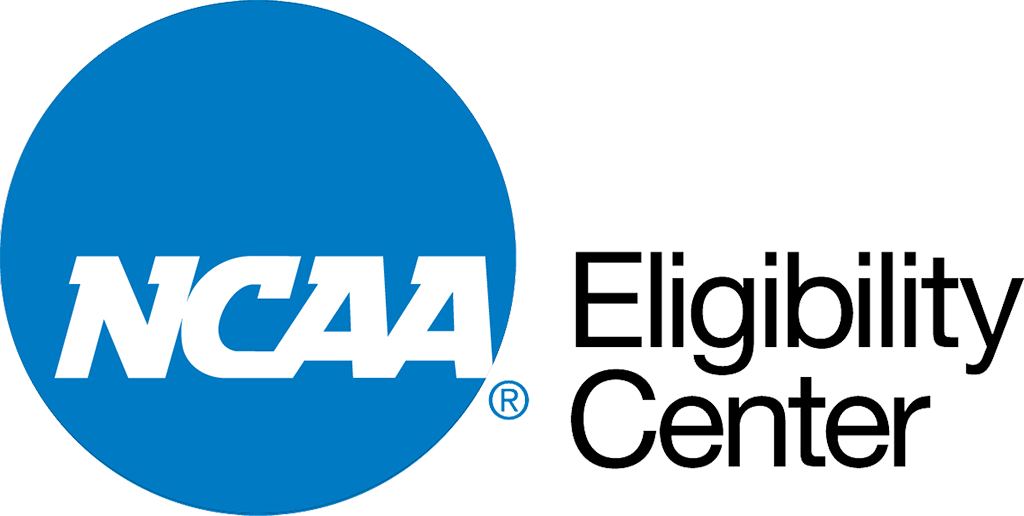
- Visit the NCAA eligibility center
- Create a free profile page
- Going D1 or D2 – select certification account
- Carefully fill out all of your information
Next let’s finish the NAIA’s requirements:
- Visit the NAIA eligibility center
- Register Student
Keep your username and password handy, as you will need to access the eligibility center again at later dates.
Grade 11
- Take the SAT and/or ACT, then submit your official test scores to the NCAA using code 9999. (some of you might take it in the spring of 10th grade)
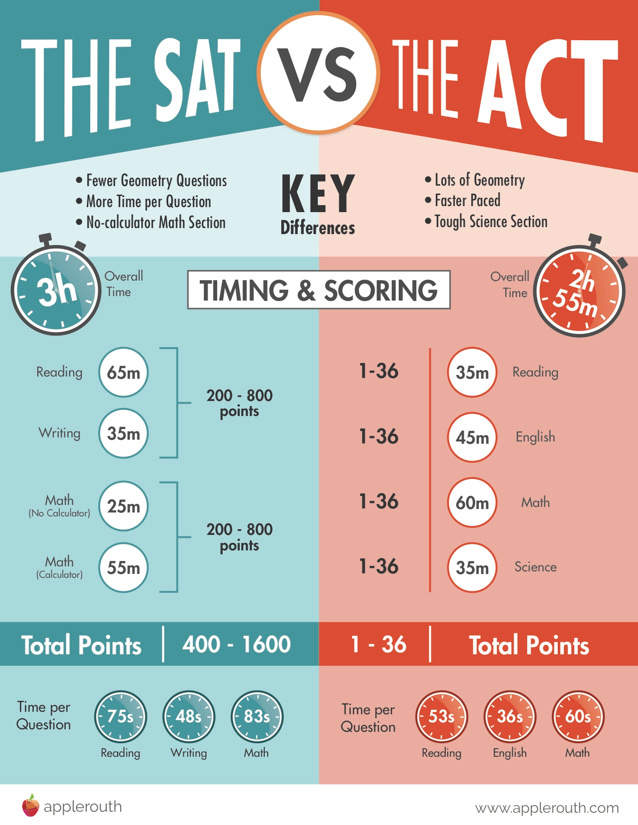
- After completing your junior year of high school, you will need to ask your guidance counselor to upload your official transcript to the NCAA Eligibility Center.
Grade 12
- Complete your final core courses needed to meet the NCAA course requirements.
- Take the SAT or ACT again, if needed, and submit your latest scores to the NCAA.
- Complete all academic and amateurism questions in your NCAA Eligibility Center profile.
- Upon graduation from high school, ask your counselor to upload your official transcript with proof of graduation to the NCAA Eligibility Center.
At the end of the day, the recruiting process often comes down to relationships.

Make sure to build a strong relationship with your guidance counselor!
Counselors understand the academic eligibility requirements that you will need to complete.
They will be asked to do a lot of work for you between figuring out your schedule, submitting NCAA files, and making sure you stay eligible.
MAJOR TIP: Go check in with them, not just when you need something from them.
NCAA eligibility requirements for DI and DII
There is a very slight differentiation between DI and DII requirements. Aim to meet all of the DI requirements and you will be qualified at the DII level as well.
NCAA Division 1 core course requirements:
- Four years of English
- Three years of math (Algebra 1 or higher)
- Two years of natural/physical science (including one year of a lab if offered)
- One additional year of English, math or natural/physical science
- Two years of social science
- Four additional years of English, math, natural/physical science, social science, foreign language, comparative religion or philosophy
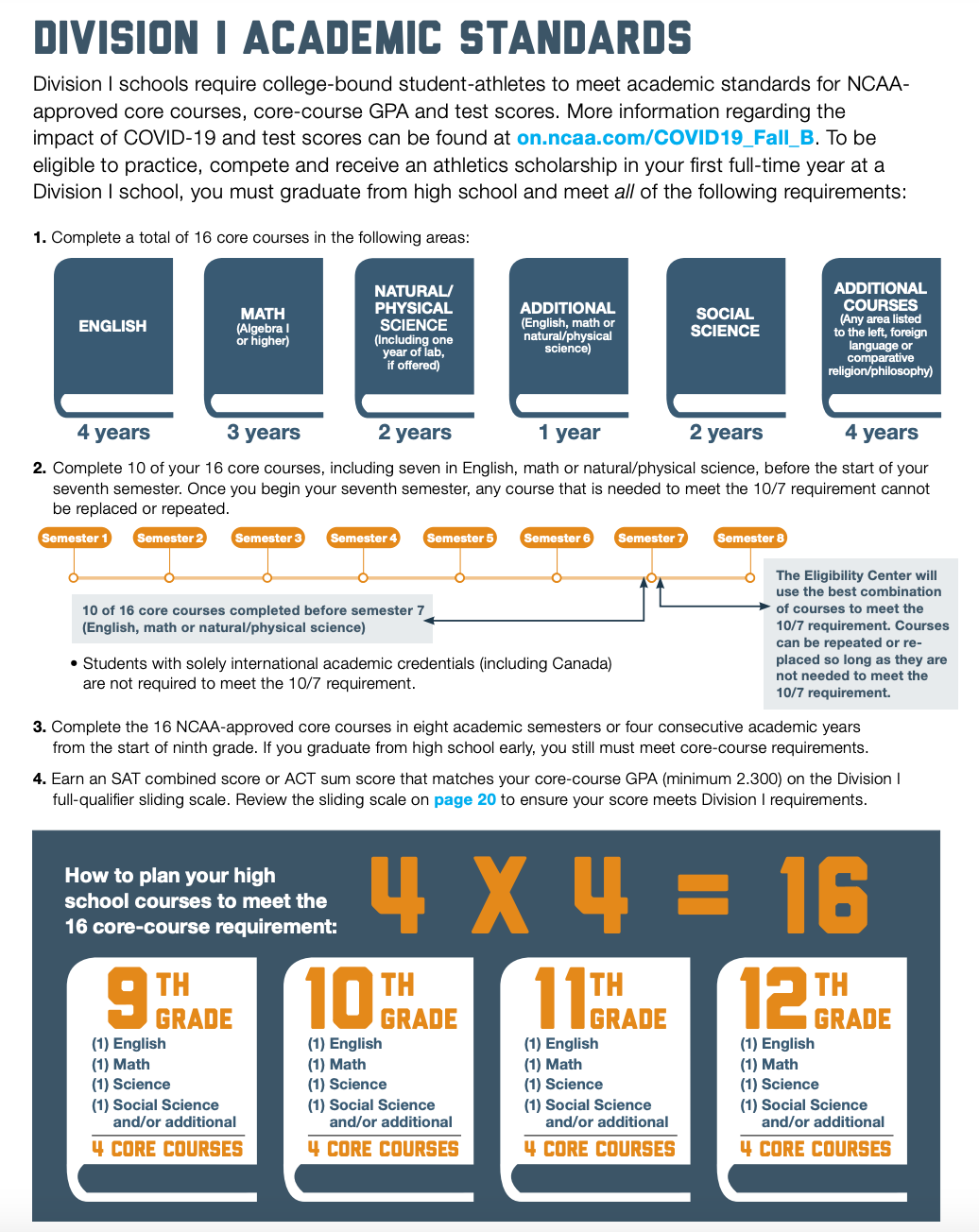
NCAA Division 2 core course requirements:
- Three years of English
- Two years of math (Algebra 1 or higher)
- Two years of natural/physical science (including one year of a lab if offered)
- Three additional years of English, math or natural/physical science
- Two years of social science
- Four additional years of English, math, natural/physical science, social science, foreign language, comparative religion or philosophy
GPA in your Core Courses:
The NCAA only looks at your GPA for the required core courses. You need to take these courses seriously because that easy art class won’t count towards your NCAA core course GPA.
The DI core course GPA requirement is a 2.3 and for DII it is a 2.2. Both GPA’s are evaluated on a 4.0 grading scale.
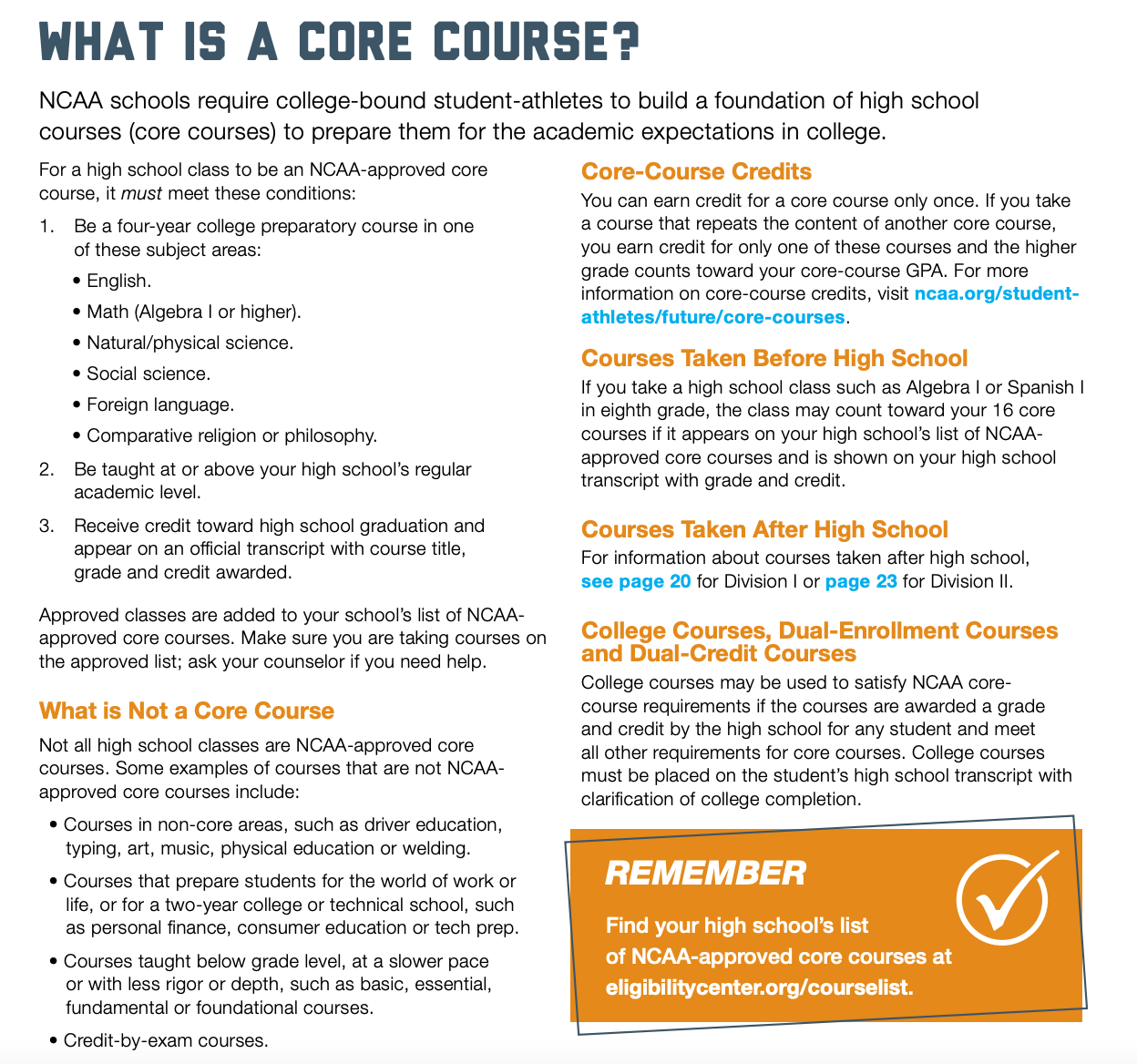
SAT/ACT Scores:
For the SAT, the minimum requirement is a 900 for DI and an 840 for DII.
The ACT combines your math, english, reading, and science scores together. For DI, you need a sum of 75 or higher and DII is a minimum of 70.
NCAA Sliding Scale:
The NCAA will look at your GPA, SAT or ACT and review it on a scale. The lower your GPA the higher your tests scores need to be and vice versa.
If you are able to qualify for DI, then there is a 99.99% chance you will be eligible for all the other levels of college sports.
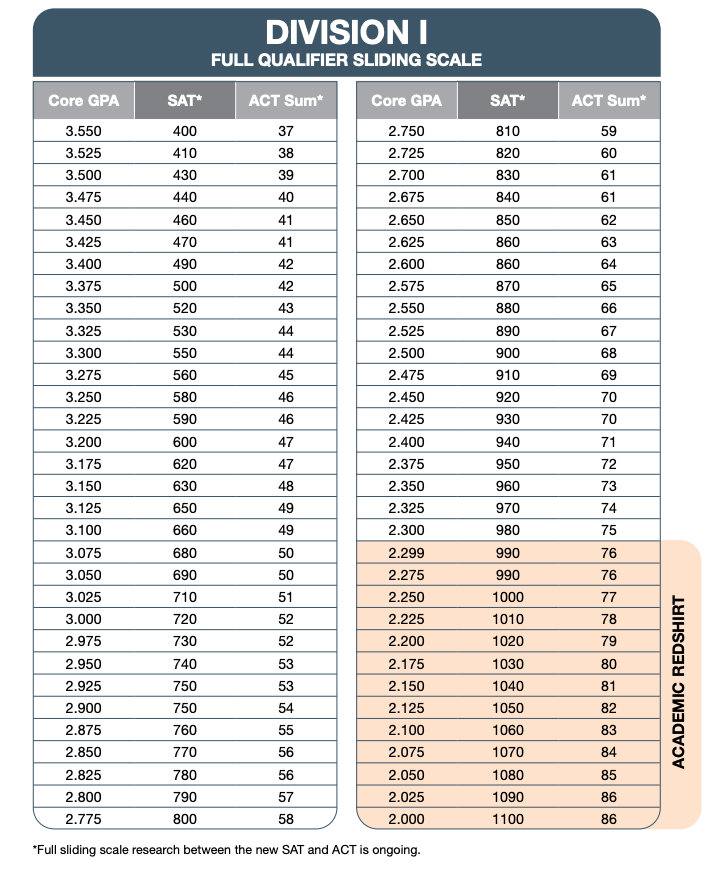
If DI or DII schools are actively recruiting you then you will need to create a Certification Account through the NCAA. There is a small fee associated with this account, but many athletes are able to get this fee waived.
The Certification Account is important as it is the NCAA’s way of assessing your eligibility status.
NCAA DIII eligibility requirements
The NCAA leaves it up to DIII schools to manage their own academic eligibility rules.
If this is the level that you want to pursue then set up a free profile page with the NCAA (if you decide to play DI or DII later on, then you’ll have to transition to a certification account).
You should also be asking coaches at DIII schools what requirements you need to meet. Another thing you can do is visit the website of these schools and see what their admission standards are.
NAIA eligibility requirements
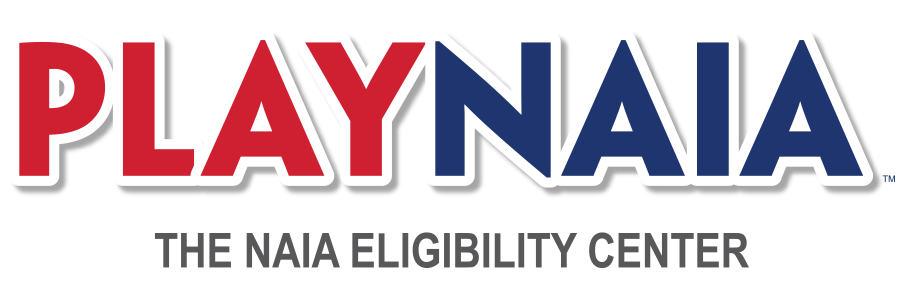
The NAIA is easier to navigate thanks to its fairly straightforward eligibility rules. There are two requirements that every prospective student-athlete must match:
- You need to graduate from an accredited high school
- You need to meet the entrance requirements of the NAIA school
Within those two rules there are a few more things you must match.
- Minimum score of 18 on the ACT or 860 on the SAT
- Your high school GPA needs to be above a 2.0 on a 4.0 scale
- Be in the top 50% of your graduating class
Of those three criteria, you need to pass at least 2 of them. The NAIA has their own eligibility center where you can check on your eligibility status.
Go to their website and register by creating a new NAIA Student-Athlete Profile.
JUCO eligibility requirements
Being eligible to play at the junior college level takes the least amount of academic work.
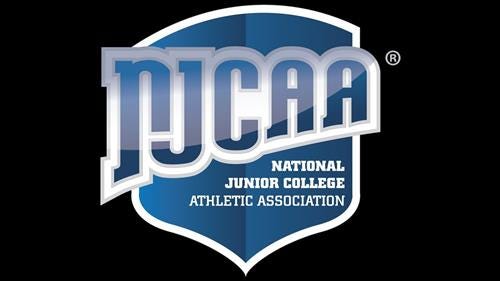
For this reason alone, many athletes use the two years of JUCO to obtain a better academic standing. From there you can move on to a state university or private institution.
Requirements:
- High School graduate (approved standard academic diploma) or…
- Pass High School equivalency test such as the GED
If you don’t meet the NCAA or NAIA eligibility requirements – then junior college is your best option. Do well academically and athletically for two years at a JUCO and you’ll have a plethora of options on your plate.
If you want to learn more on the eligibility requirements at the junior college level feel free to visit their website.
My Experience:
During the recruiting process, I often found the college academic eligibility requirements very confusing.
When I started receiving Division 1 basketball offers – that only further complicated the process.
Luckily, I had a high school guidance counselor that was very helpful. She made sure I took the correct classes, submitted all my required forms, and stayed on course.
I understand some of you might not be that lucky. Use this post and create a checklist of the tasks you already completed and ones you still need to do.
P.S. – don’t be afraid to print this newsletter out and use it as a guide
Conclusion of Eligibility Requirements
The recruiting process can be quite hectic and confusing. Be sure to figure out your academic eligibility requirements as early as possible.
You want to be focused on playing well in your sport, getting good grades, and communicating with coaches.
You do not want to be worrying about what classes you have to squeeze in to your schedule.
Do you want to earn a full athletic scholarship and sign NIL deals?
Then make sure you’re getting it done in the classroom!


